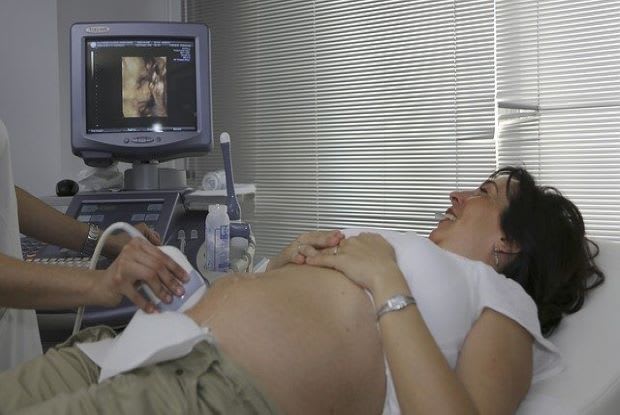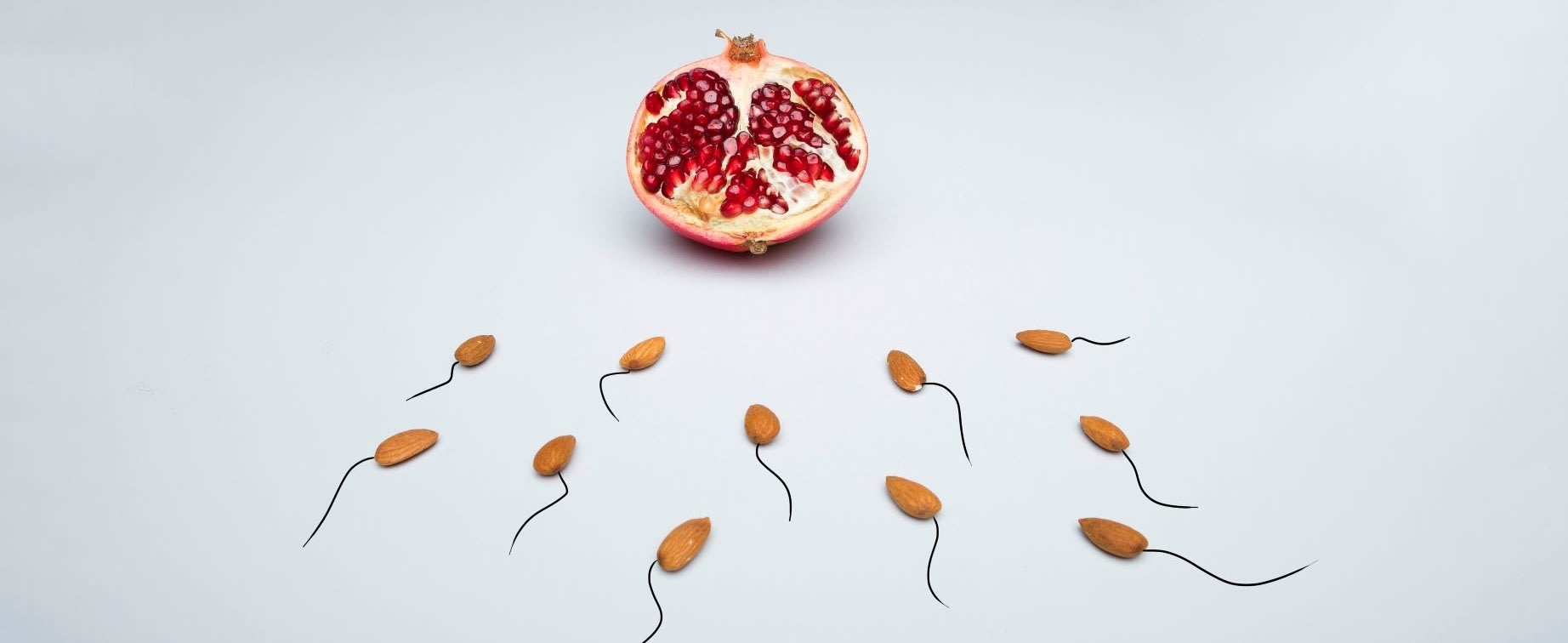Table of Contents
V. Pelvic Inflammatory Disease
What is Infertility?
Experiencing infertility is not an uncommon problem. In fact, one in eight couples has trouble getting pregnant. That is over 6.7 million people a year. Getting pregnant is a complicated bodily process that is often not as easy as many couples think. But what exactly is infertility?
By definition, infertility is the inability to conceive after one year of unprotected sexual intercourse in which the female is under 35 years old. Studies have found that the natural fertility rate for a healthy 30-year-old woman is only 20 percent on the first try.
If you and your partner have tried several times without success, you may need to consult a fertility specialist and start a treatment plan with fertility drugs. Clomid, also known as clomiphene citrate, and Femara (letrozole) may be prescribed to women to assist in conception.
Clomid stimulates the hormones that support the growth and release of a mature egg, promoting ovulation. Femara works similarly to stimulate ovulation in the womb but is tailored to women experiencing polycystic ovary syndrome. There is not one specific reason why infertility occurs. Infertility can be caused by the man or the woman for several reasons. [1] For many women, ovulation issues are the cause behind their infertility. Ovulation involves the monthly release of an egg from the ovaries, and fertility may not occur if this process experiences a disruption. The following conditions typically cause ovulation problems: Polycystic ovary syndrome (PCOS): PCOS occurs when the ovaries produce a large amount of male sex hormones (androgens), creating fluid-filled sacs in the ovaries. The exact cause of PCOS is unknown, but it is often genetic. The small cysts that typically occur with PCOS can interrupt the menstrual cycle and make fertility difficult. [2] Thyroid Problems: The thyroid is a small gland that secretes thyroid hormones that control chemical functions in the body, like the metabolic rate. If the thyroid creates too many hormones it is known as hyperthyroidism and hypothyroidism occurs when too little hormones are released. Both of these disorders can prevent ovulation. [3] Uterine fibroids are tumors that form in the uterus. These tumors are noncancerous and occur when a single muscle cell in the uterus wall multiplies and grows to form a tissue mass. Many women are unaware that fibroids are growing on their uterus, and most women usually have more than one at a time. Over time, fibroids can change the shape and size of the uterus and the cervix. Fibroids occur in 20 percent of women of reproductive age and are more common in African-American women. They are caused by hormonal, environmental, and genetic factors. Because fibroids may change the shape of the uterus and cervix, it can affect the number of sperm that enter the uterus. Fibroids may also block the fallopian tubes, and the blood flow to the uterine cavity may be affected, increasing the rate of infertility. [4] Endometriosis is a condition that affects a woman’s womb. Tissue similar to the womb lining starts to grow in other places in the body like the ovaries and fallopian tubes. This condition is chronic and comes with many unpleasant symptoms, including: Endometriosis can be difficult to diagnose because the symptoms vary greatly from person to person. The only way to properly diagnose endometriosis is to get a laparoscopy. This involves a surgeon passing a thin tube through an incision in the stomach to view the endometriosis tissue. There is no cure, and women who have severe symptoms of this condition may have difficulties conceiving or may not conceive at all. Medications and surgery may help cure symptoms, but fertility is not guaranteed after treatment. [5] Pelvic inflammatory disease, also known as PID, is an infection of the female upper genital tract. This infection can affect all aspects of the female reproductive system, including the womb, fallopian tubes, and ovaries. Symptoms of PID include: Like endometriosis, PID can be difficult to diagnose because of the varying symptoms. Most women seek medical help when they experience severe pain. Most PID cases occur due to a bacterial infection caused by sexually transmitted infections but sometimes may be caused by normal vaginal bacteria. The infection may scar the fallopian tubes, causing fertility problems. If an egg cannot pass from the ovaries into the womb, pregnancy may be difficult. A woman’s chances of ectopic pregnancy (an egg growing in the fallopian tube) are increased with PID, leading to emergency surgery and infertility. Around one in ten women with PID will become infertile. [6] A woman’s fertility may be affected by the medications they take. When you are prescribed a medication, it is important to tell your doctor if you plan on becoming pregnant because some drugs can affect fertility. Along with some prescription medicines, illicit drugs like marijuana and cocaine can significantly affect fertility and disrupt ovulation. These medications may also cause fertility problems: NSAIDs: Non-steroidal anti-inflammatory drugs can prevent ovulation in fertile women. If you frequently use NSAIDs like ibuprofen or aspirin, you may want to stop to improve your chances of fertility. Chemotherapy: The cocktail of medications used for chemotherapy can cause infertility or ovarian failure. If you have ovarian failure, the ovaries are no longer able to function. Antipsychotic medicines: Medicines used to treat mental health disorders like psychosis and may cause missed periods or infertility. Spironolactone: This medicine is used to treat fluid retention (edema), but fertility should improve two months after you stop taking this medication. [3] The content in this article is intended for informational purposes only. This website does not provide medical advice. In all circumstances, you should always seek the advice of your physician and/or other qualified health professionals(s) for drug, medical condition, or treatment advice. The content provided on this website is not a substitute for professional medical advice, diagnosis, or treatment.
1. Ovulation Problems
2. Uterine Fibroids

3. Endometriosis
4. Pelvic Inflammatory Disease

5. Certain Medicines
